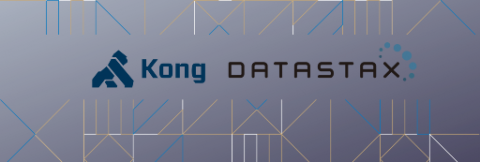Observability for Your Kubernetes Microservices Using Kuma and Prometheus
A year ago, Harry Bagdi wrote an amazingly helpful blog post on observability for microservices. And by comparing titles, it becomes obvious that my blog post draws inspiration from his work. To be honest, that statement on drawing inspiration from Harry extends well beyond this one blog post – but enough about that magnificent man and more on why I chose to revisit his blog. When he published it, our company was doing an amazing job at one thing: API gateways.











